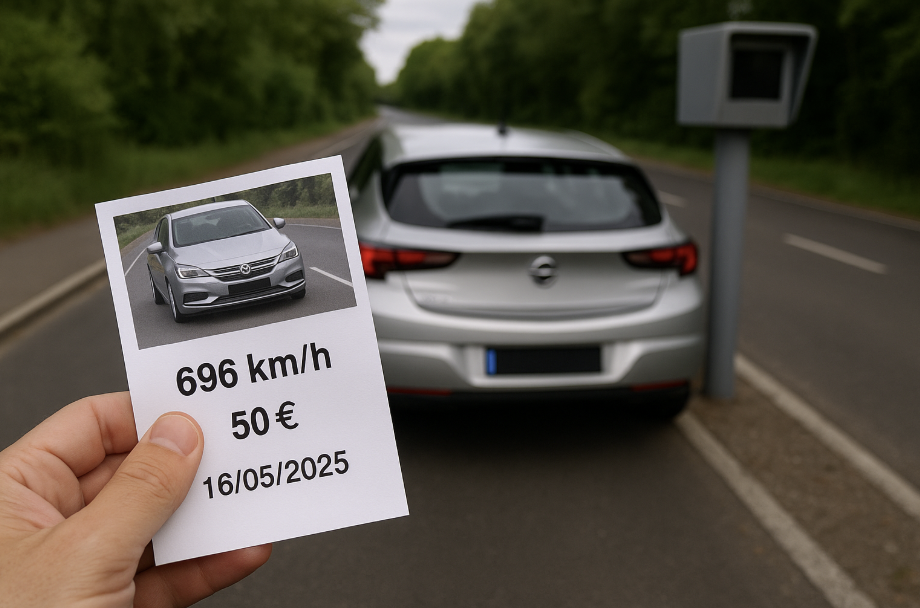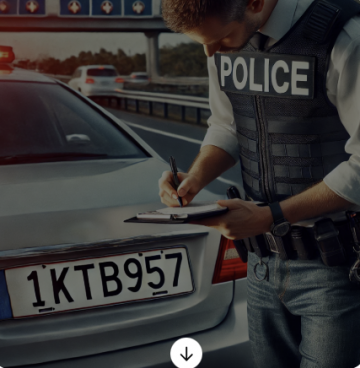🚨 Caught at 696 km/h: When Speed Cameras Make Mistakes, What Can Drivers Do?
On May 16, 2025, a rather unbelievable story made headlines in the press and on social media: a Belgian driver received a speeding ticket for being caught at 696 km/h… while driving an Opel Astra. Unsurprisingly, it was a technical error — the radar bug was caused by a coding problem. In reality, the driver was going 60 km/h — slightly above the legal limit — and the original fine of €6,597 was eventually reduced to €50.
As absurd as it may sound, this kind of incident raises a serious question: what can you do when you receive an obviously incorrect fine from an automated speed check?
🧾 Technical Errors Are Real
While the Opel Astra case made people smile, other drivers face similar issues every year:
-
Misreading of the license plate;
-
Poorly calibrated or defective speed camera;
-
Blurry or ambiguous photos;
-
Confusion between two similar vehicles;
-
Software errors in data processing.
These malfunctions can result in unjustified fines, court summonses, or even driving bans or licence suspensions.
✅ How to React in Case of Error
If you receive a ticket for an offence you’re convinced you didn’t commit, here are the key steps to take:
1. Do not pay without checking
Paying a fine is usually considered an admission of guilt. If in doubt, it’s best not to pay immediately.
2. Request the evidence
You are entitled to request:
-
A copy of the official police report;
-
The radar photographs;
-
The technical data related to the measurement.
3. Gather your own evidence
Consider providing any material that helps contest the offence:
-
Screenshot from your GPS or navigation app;
-
Testimony from a passenger or third party;
-
Technical documents showing the vehicle couldn’t possibly reach the alleged speed.
4. File a formal challenge
You have the right to contest the fine with the Public Prosecutor’s Office or the competent authority, as indicated in the notice. The objection can be drafted by yourself or with the help of a traffic law lawyer.
⚖️ Technology Isn’t Infallible
Automated road enforcement offers wide coverage but is not immune to errors. An incorrectly recorded offence can result in:
-
An unjustified fine;
-
A summons to appear in traffic court;
-
An administrative or judicial licence suspension;
-
A temporary or permanent driving ban.
It’s therefore crucial — without overreacting — to take immediate action when you spot an anomaly. Ignoring or casually accepting an error can lead to far more serious consequences than expected.
📝 In Conclusion: Act with Common Sense and Structure
The story of the driver “caught at 696 km/h” is a reminder that even the most advanced systems can produce absurd outcomes. A technical error should never be taken lightly. It’s essential to respond quickly, with proper documentation and a clear plan.
If you find yourself in such a situation, inform yourself, gather your evidence, and contest the fine properly. If the process is unclear or complex, a lawyer specialising in traffic law can help you avoid unfair sanctions and protect your rights.




